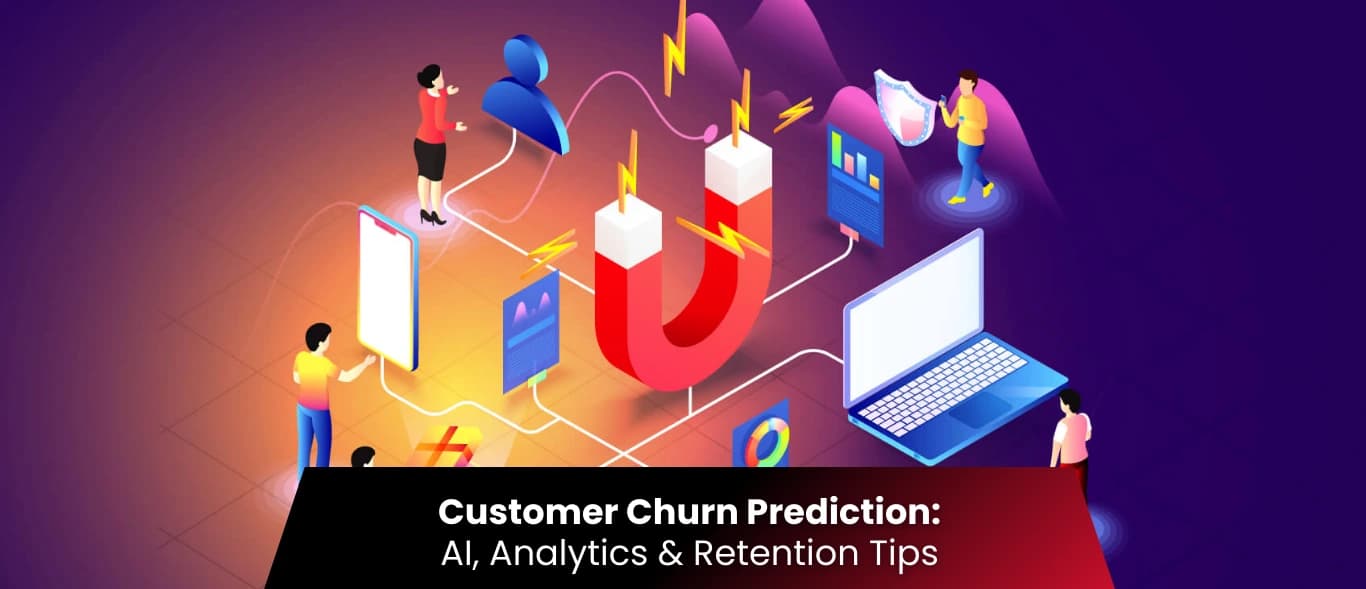There's a new buzzword in town, one that made it to Gartner's list of key trends, too. Called XOps, it has roots in Development and Operations (DevOps). While DevOps, say experts, falls short of achieving full automation, XOps, an umbrella term, refers to a combination of IT technologies like DevOps, DevSecOps, AIOps, MLOps, GitOps, and BizDevOps that will do it. XOps is supposed to shorten a system's development cycles and enable continuous delivery with high software quality.
Because of it, data and analytics professionals can automate their processes, manage pipelines and workflows, and manage scripts. Developers can extend XOps with custom interfaces, connectors, and capabilities. XOps helps make business processes more efficient and automate what can be automated to achieve business goals. XOps is designed to run on-premises or in a private cloud that meets specific requirements.
It's built to run enterprise-wide, globally distributed, and interconnected, especially in analytic environments. It is a combination of traditional business applications, such as data and analytics management, with modern technologies like:
- Microservices and SOA
- Decentralized architectures
- Security tools and audit trails
The XOps SDKs enable seamless integrations with any Java-, Node.js-, or Python-based infrastructure. It is built using open source technologies, including those contributed by the XOps community, such as Apache Hadoop, Amazon Web Services (AWS), and MySQL.
The Emergence of XOps
As we said earlier, XOps can be considered an extension of DevOps. It helps to shorten a system's development cycles and provides continuous delivery with high software quality. There are different Ops functions out there, but these days XOps is used as an all-encompassing term for a combination of IT operations, including DevOps, DevSecOps, AIOps, MLOps, and BizDevOps. It links various cycles – from development, deployment, and maintenance to the operationalization of the expertise and processes required to monitor and keep analytics and AI tasks running.
While XOps is a relatively new term, it has already begun to gather momentum in the DevOps space. It's been interpreted as a great way forward in the evolution of operations and how they can be organized to meet business needs.
Various Components that Make up XOps
XOps is a platform that enables you to manage and monitor your infrastructure, applications, and devices from a single pane of glass. Think of it like a pane of glass, a single window into your operations. With XOps, you can view your entire infrastructure in a single place, regardless of its size and/or complexity. Fully featured automation is provided for all operations within an organization, whether IT operations, application development, or web development. XOps simplifies operations and monitoring.
The key components, in addition to DevOps, include:
DataOps: As analytics becomes more popular, DataOps is slowly making its way to the forefront. With it, data analytics projects can be completed more quickly while maintaining quality. It is deployed right from the beginning of the pipeline (data preparation) and connected to various points in the analytics chain and IT operations. Data delivery is automated using technology while adhering to appropriate levels of governance.
MLOps: Here, machine learning models are created, deployed, and maintained. Machine learning algorithms are deployed more efficiently and simply if DevOps, machine learning, and data handling are combined. While doing so, business goals must be kept in mind at all times.
Is XOps More Than CloudOps and DevOps, or Is XOps A Mere Hype Then?
XOps is a term coined to describe the intersection of cloud operations and DevOps. It is a term that is still relatively new, and we would not be wrong in claiming that to date, there's no consensus on what it actually means. Some believe that XOps is just a buzzword and that there is no real difference between cloud operations and DevOps. But as technology converges, this is becoming less and less likely. XOps is all about the convergence of these two IT operations models.
DevOps is about merging software development, IT operations, and application development. XOps is all about making the technology that runs your cloud talk to the people who are responsible for running your IT operations. This is where XOps becomes extremely important, because without it, there is no real reason to merge these two very distinct models.
Just like the DevOps movement has become mainstream today, it is following a similar path. While there is still a lot of work to be done before XOps is considered a thing, it is becoming increasingly important as the cloud becomes the place where organizations run critical business applications and services.
Benefits of XOps
XOps helps businesses collaborate and communicate more effectively while automating essential operations. This leads to improved efficiency and customer experiences. Additionally, the platform ensures reliability, reusability, and repeatability across teams.
XOps is an innovative platform that helps organizations automate and improve their business processes. It automates key operational tasks such as sales, marketing, project management, service delivery, and more using easy-to-use, adaptable tools tailored to each organization's specific needs.
The platform also provides a complete set of capabilities for creating and executing automation tasks, including bots, workflows, integrations, and communication channels. XOps allows businesses to easily build their own automation and improve their organization's performance. It may differ from enterprise to enterprise due to each company's organizational uniqueness. Still, all signs point to XOps as the way forward for them to be even more agile than they are today.
In conclusion, Automation is a key element of IT modernization today. DevOps can lead us towards that, but it is insufficient to produce full automation. This is where it comes in. Today, XOps has emerged, a term that denotes a combination of IT disciplines, including DevOps.


